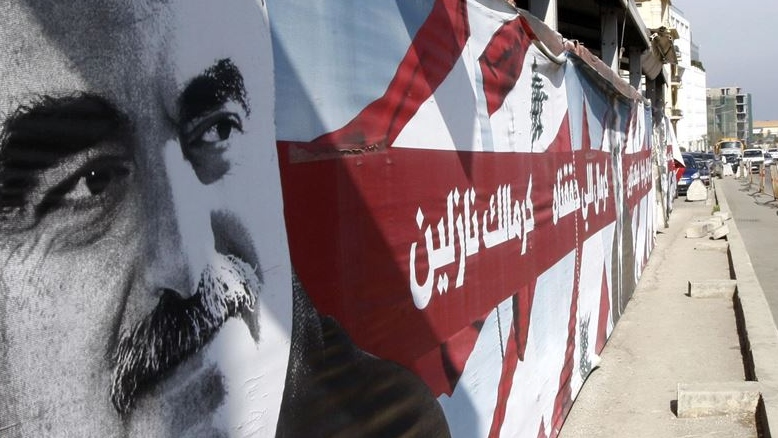Almost 15 years after the assassination of Lebanon’s former prime minister Rafik Hariri, an international Special Tribunal for Lebanon formed to investigate and try the persons involved, pronounced its verdict on Tuesday, August 18. It found one of the four accused, Salim Ayyash, guilty of the crime. Hariri and 21 others were killed in a suicide bomb attack on February 14, 2005, in Beirut.
Though all four were members of Hezbollah, the UN-backed tribunal in The Hague denied having any evidence of the organization’s role in the assassination. The tribunal also refuted theories of Syrian involvement, often repeated by the US administration. In its long verdict, the tribunal noted that “there was no evidence of Hezbollah’s leadership had any involvement in Mr. Hariri’s murder, and there is no direct evidence of Syria’s involvement in it.”
The nature and timing of the verdict can further deepen the political crisis the country is facing in the aftermath of the Beirut blast and prolonged political and economic crisis.
The verdict
The verdict was mostly based on the phone records of the accused. According to the court, the assassination was an act of terrorism “designed to cause fear among the Lebanese population.”
Four people, including Salim Ayyash, were accused of organizing and carrying out the attack. Salim was found guilty on all charges. However,the other three suspects — Assad Sabra, Hassan Oneissi and Hassan Habib Mehri — were acquitted due to lack of evidence. The charges against the fifth accused, Mustafa Badredine, were dropped after his death in 2016.
The tribunal will announce the punishment later. The maximum punishment is life imprisonment. All the accused were tried in absentia as Hezbollah has refused to hand over any member to face trials. Hasan Nasrallah, Hezbollah’s secretary general, announced on Friday, August 14, that his organization does not care about the outcome of the trial.
Saad Hariri, Rafik Hariri’s son and former prime minister, accepted the verdict and said in a tweet after it was pronounced that it should give a message that, “the time for using crime in politics without punishment and without a price is over.”
President Michel Aoun welcomed the verdict and called for greater unity among the Lebanese.
Political Turmoil in Lebanon
The assassination of Hariri caused massive political polarization in Lebanon for years leading to the resignation of the then prime minister Omar Karami. The protests which ensued the assassination blamed Syria and Hezbollah for it and demanded disarming of the militia and withdrawal of Syrian troops from the country citing the United Nations Security Council (UNSC) resolution 1559.
The assassination was used by the US and its allies to wage a massive media campaign against forces challenging its hegemony in the region, including Syria and Iran, despite their constant denial of any role.
The assassination led to the withdrawal of Syrian forces from Lebanon. The troops had been stationed there for close to 25 years, post the Israeli invasion of southern Lebanon in 1982.
Despite constant vilification, Hezbollah and its allies have been able to gather political support of the Lebanese people. Hezbollah has emerged as one of the leading forces in Lebanese politics in the last parliamentary elections held in 2018.
Further complications
The verdict has come at a crucial moment in the Lebanese history. The blast in Beirut port on August 4 which killed more than 170 people and left thousands homeless has intensified the economic and political crisis in the country.
Hasan Diab was the second prime minister who was forced to resign under popular pressure within a year. His government failed to effectively deal with the COVID-19 situation which intensified the suffering of the people already reeling from a failing economy racked by inflation, poverty and unemployment. This is apart from the unprecedented national and international debts Lebanon is facing.
There is a serious lack of trust between the common Lebanese citizen and the political class. The verdict threatens to intensify the mistrust and polarize the situation further.





